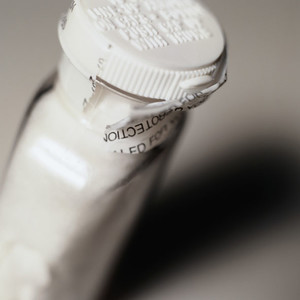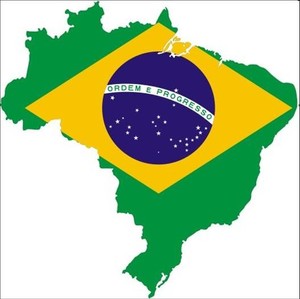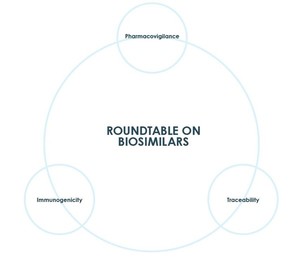With the recent JP Morgan 29th Annual Healthcare Conference 2011 in San Francisco, US came a chance for reporters to quiz all the big name firms in one easy sweep. The result reported by Reuters is that the pharma industry is poised to dive into biosimilars.
Biosimilars have been available in Europe for some years, and will eventually be allowed in the US as well, although the legislation is still being fought over. Biosimilars are not easy to make, so if they are to be quick off the mark when some of the originator drugs come off patent, it is time for Big Pharma to confess they are working on them.
Biosimilars only for giant pharma and not for the fainthearted
Biosimilars are the ‘generics’ of the biologics world, but each version approved and marketed will be subtly different whereas small molecule generic drugs are identical to the originator molecule. Therefore it requires companies with a substantial research experience and capital to take on manufacturing them.
The FDA last year delayed approval of generic drugmaker Teva Pharmaceutical Industries’ version of Neupogen, citing ‘several items’ related to Teva’s drug. A couple of years ago, Merck was developing a different version of Amgen’s Epogen but those plans were scrapped after it became clear that safety issues associated with that class of anaemia drugs meant the need for additional clinical trials, according to Merck executive Mr Michael Kamarck.
One counterattack strategy of those companies already marketing biologicals is to prompt regulators and lawmakers to set a very high standard for biosimilars. This translates into considerable studies being required before approval is granted for companies trying to create ‘generic’ versions of innovator products. The market will still contain very high entry barriers, slowing down the competition.
So getting going requires considerable effort and possibly further patience in the US until the regulatory framework is fully in place. But the rewards are so tempting. ‘I think we are in a perfect position for this’, Biogen Idec CEO Mr George Scangos told Reuters in an interview at the conference. ‘The next decade will be about access and cost as much as it is about innovation. It's a low-risk way to generate substantial revenue’, he said.
Rush to join the bandwagon
Not surprising then, that more and more originator companies are jumping on the biosimilars bandwagon along with the largest generics companies. Amgen, Merck, and Biogen Idec have all declared themselves to be pursuing biosimilars. Pfizer has previously announced its intention to have a biosimilars programme. Novartis’ Sandoz generics subsidiary claims to already be the world leader in the supply of biosimilars.
That companies making brand-name biotechnology medicines would also try to produce generic versions may seem surprising, as they risk undermining their main business model. This is shrugged off. Amgen’s CEO, Mr Kevin Sharer, said the company ‘should participate in an intelligent way without disturbing the core business’. Merck plans to work with Parexel to have five biosimilars in phase III trials by 2012.
Worldwide sales of all biological drugs reached US$130 billion (Euros 94 billion) in 2009, according to IMS Health, and industry analysts believe the potential market for biosimilars could be worth tens of billions of dollars by the second half of this decade.
Related articles
Merck and Parexel form strategic alliance for biosimilars
Delays in FDA approval of biosimilar G-CSF (filgrastim)








 0
0











Post your comment